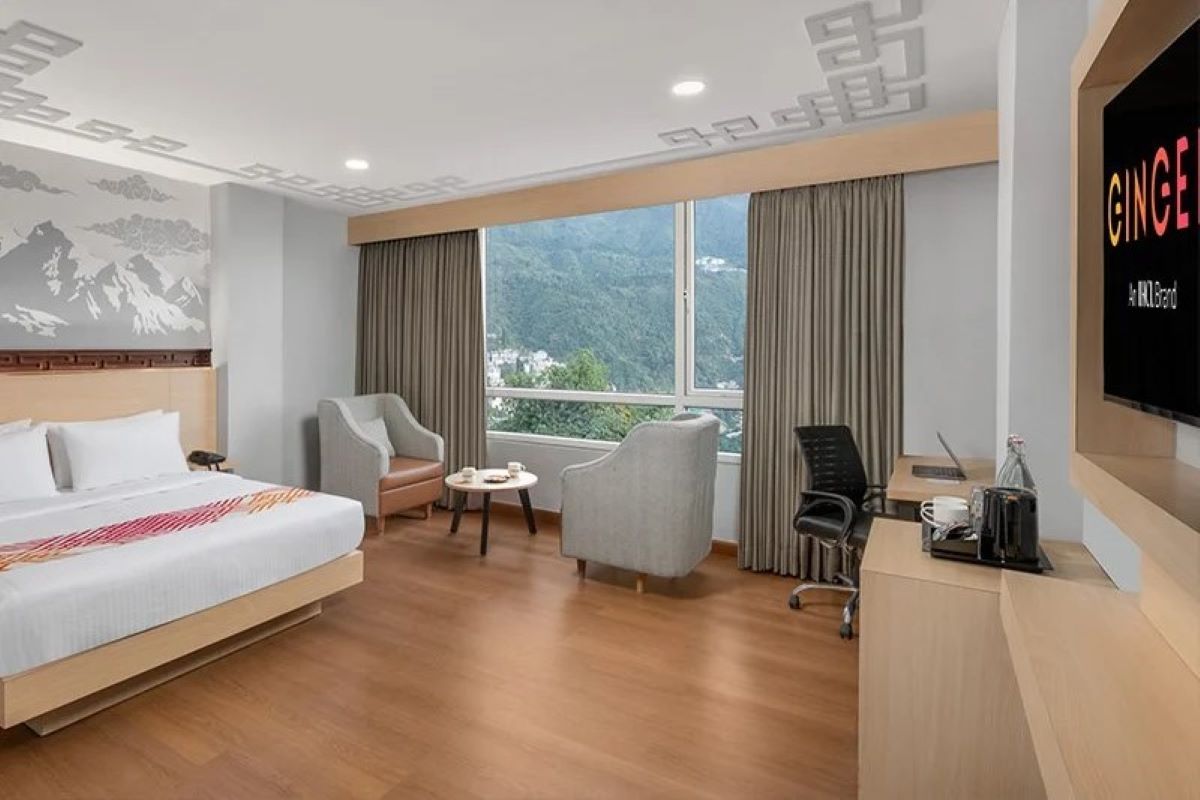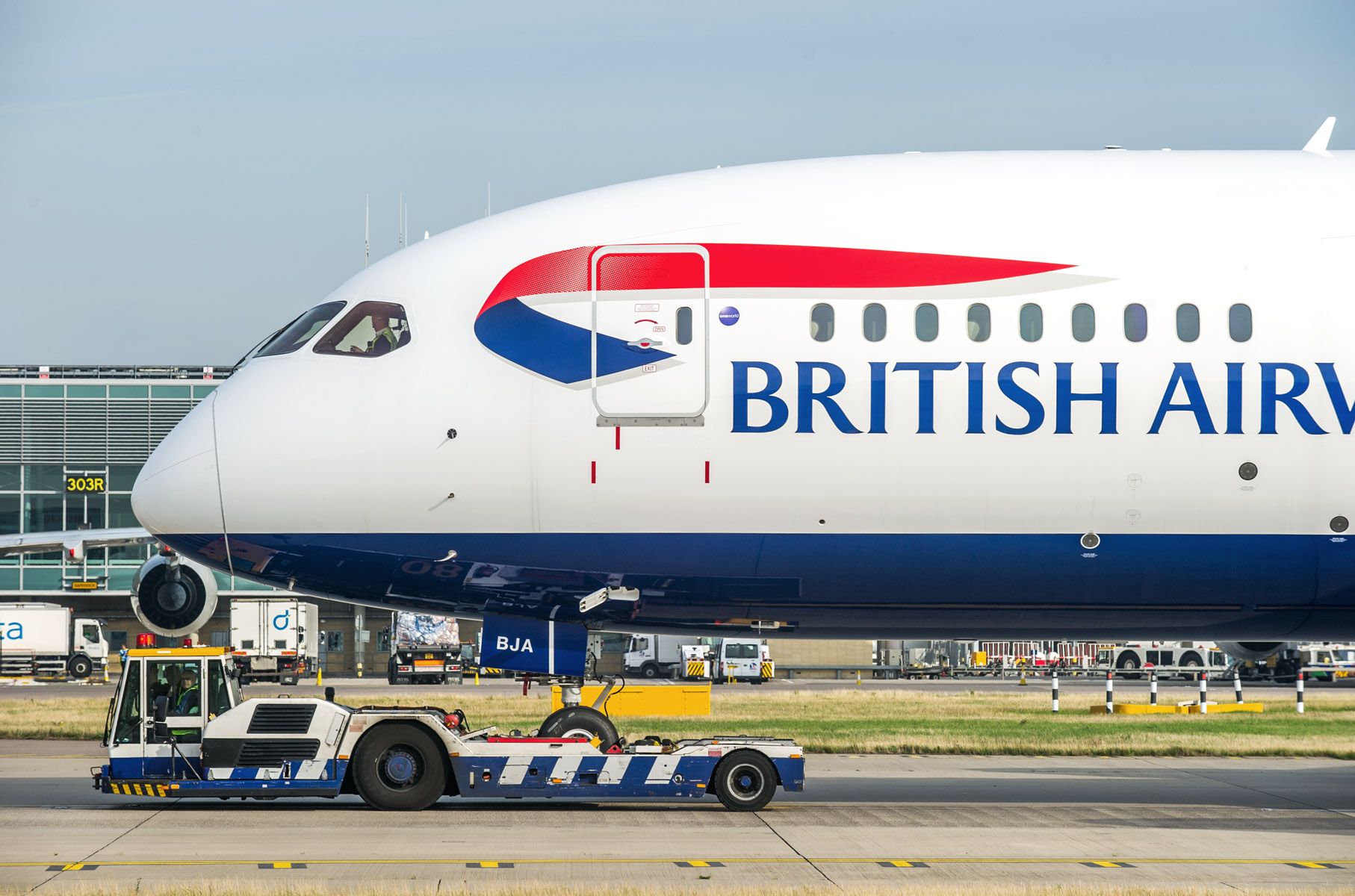Will the GSA per diem change really ruin business travel?
Skift Take
UPDATE: The GSA decided not to change its method of calculating per-diem rates for federal government travel, according to the U.S. Travel Association, which lobbied against the change.
The association said the changed calculations would have reduced rates, including those for room stays, by “upwards of 30% in major travel markets.”
“The decision was reached because many industry leaders sent a clear message that travel is an essential tool for the government and is critical to local economies,” the U.S. Travel Association stated.
The original post follows:
The powers that be in the travel industry can be very parochial at times and a controversy brewing about a pending General Services Administration move to lower per diem rates for federal government travel is a case in point.
With government spending already under a microscope at home and abroad because of ongoing debt crises, and in the wake of a scandal over GSA convention overindulgence, the Power of Travel Coalition, a project of the U.S. Travel Association, is rallying the troops against a possible GSA move to reduce per diem rates for government travel, supposedly by up to 30% in major travel markets.
The coalition objects to the GSA’s per diem calculation methodology — specifically a proposal to eliminate “upper upscale hotel rates” when running the numbers on how much a per diem should be.
Using data from Smith Travel Research, the GSA comes up with per diem hotel rates in 400 markets and does so by analyzing average daily rates in independent, midscale, upscale and upper upscale properties over the past year.
Removing the upper upscale properties from the equation would, of course, take the expected reimbursement rate for federal employees down a peg or two.
Whether it would do so by up to 30%, as the coalition alleges, is open to debate.
“This would have wide-ranging impacts on business travel across the United States,” the coalition states in an urgent call to action emailed to potential supporters. “While the GSA conference scandal focused on federal meetings and conferences, a lowering of the lodging per diem rate would impact government group and transient travel.
“Because private sector companies and government contractors routinely base their reimbursement rates on the government per diem, revenue from private sector business travel could also significantly decline over the next year.”
The coalition believes a decision on the per diem rates is “imminent” and it is urging supporters to call and email GSA regional administrators to lodge concerns about reductions in per diem rates.
But wouldn’t it be more prudent for the U.S. Travel Association to look beyond the self-interest of the travel industry for the greater good of society?
How can anyone justify including “upper upscale” hotel pricing when considering lodging reimbursement rates for government employees?
When the taxpayer is footing the bill for government travel, is it appropriate for federal employees to be staying at the Four Seasons or at a Mandarin Oriental property?
Sure, creative minds might be able to come up with some exceptional circumstances when such plush digs might be appropriate, but as a general rule, three-star hotels should be just fine when traveling on the government dime.
If government employees want to stay at “upper upscale hotels,” then they are free to do so — on their vacations.
I’m not arguing that current federal government per diems are outrageously high because they aren’t.
And, the travel industry is a job creator so this should definitely be taken into account.
But, with public-sector employee travel spend becoming fodder for fiscal conservatives and tabloids, the Power of Travel Coalition would be wise to keep people traveling by advocating reasonable policies as a foundation.
Author: Dennis Schaal




